|
Many congratulations to Santhya and Victoria who completed their Final-Year Projects! Well done on the presentations and final thesis!
0 Comments
We have a one-year research assistant position available. Please send an queries to me at janicelee<a>ntu.edu.sg Please apply at this link. The College of Science seeks a diverse and inclusive workforce and is committed to equality of opportunity. We welcome applications from all and recruit on the basis of merit, regardless of age, race, gender, religion, marital status and family responsibilities, or disability.
The Asian School of the Environment (ASE) invites applications for the position of Research Assistant who will work with Asst. Prof. Janice Lee’s research group. The Research Assistant will join an interdisciplinary research team that investigates how companies manage forest-risk commodities in their supply chains. In particular, the selected Research Assistant will work with an international research team to develop the research project on how deforestation practices in companies can be mitigated. The Research Assistant will be responsible for (i) logistics preparation and planning for fieldwork in Singapore, (ii) assist in data processing, collection and management for the research team, and (iii) assist in data analysis, writing and developing research outputs for the research team. Job Responsibilities
Job Requirements
Competencies
We regret to inform that only shortlisted candidates will be notified.
It was a pleasure to co-organise a panel discussion on peatland restoration in Southeast Asia together with the Center for Nature-based Climate Solutions at NUS.
Our panel included both scientists and practitioners - Alex Cobb, Wim Giesen, Laura Graham as well as Benjamin Tay and Yuti Ariani Fatimah - who covered the hydrology, plant ecology, and societal use of tropical peatlands from different parts of Southeast Asia. Here is a recording of our panel discussion on Youtube. All this was made possible through the wonderful team at the Center - Yu Lin and Zhang Jie! 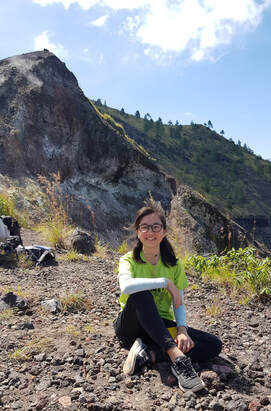 We had the pleasure of hosting Fan Yi Zeng for her ES3008 research project last semester. Fan Yi shares her experience here of conducting a research project on land prices in Indonesia: Understanding geospatial land price data in rural Indonesia: Reflections on my research journey If I were to sum up my research experience over the past semester in one word, it would be “unexpected”. Over the past six months, I was given the exciting opportunity to work on a research project under the patient guidance of Asst. Prof Janice Lee and Dr. Yuti Fatimah. My project was about understanding geospatial land price data in rural Indonesia through text analysis as well as data processing and visualization techniques. While land prices are crucial in land-use decisions, they are often excluded from analyses due to the difficulties in obtaining raw land prices. Hence, I attempted to develop a method to process raw land prices, using data obtained through text mining from the online market platform OLX. Along the way, I had to pick up the coding language R, as well as develop my familiarity with Microsoft Excel. It was a project I would have never expected myself to take on, for multiple reasons. While I had previously learnt another coding language (MATLAB) in a class setting, having to learn a new coding language independently was an unchartered territory that seemed too intimidating. Furthermore, I was neither confident with data, nor was I comfortable with numbers. At first glance, it seemed like a task riddled with my weaknesses. This is where I must thank Prof Janice for encouraging me to step out of my comfort zone, reminding me that research experiences—other than being about the research itself—are also about personal growth. More than anything, my ultimate decision to take on the project was a decision to challenge myself and confront my fears, which was also what made this experience so much more meaningful to me. The project was not only unexpected in my decision to take it up, but also in how it developed. While I had initially planned to examine geospatial patterns in land prices and possible correlations with other biophysical variables, this plan had to be put on hold when we realized that our web-scraped data, due to its user-generated nature, was characterized overwhelmingly by non-uniformity of measurement units, information provided, and more. Consequently, I changed my focus to developing a processing methodology for the web-scraped data, in order to render it meaningfully usable for further analysis. As much as the process was challenging (one thing I remember in particular was always having a Google Translate window open on my computer, to translate the data which was in Bahasa Indonesia), it was also immensely fulfilling. The unexpected change in research direction taught me to remain flexible and adapt to unprecedented obstacles, while the many days of struggling with learning a new coding language have left me much more confident in debugging errors independently. In fact, I would say one of my greatest takeaways is my increased confidence and calmness in navigating challenges and finding solutions (particularly in terms of coding), which I find really amazing when I think back to how afraid I used to be before this project. Through this experience, I also learnt about how to conduct a full research project, from conceptualization and digging into existing literature, to forming my own research direction, executing my research, and presenting the results through both an oral presentation and a final research report. While it was definitely tiring at times, I always came away from project meetings reenergized and motivated due to the encouraging support of my mentors. Apart from honing my skills, this project has also been extremely eye-opening. Before this, I have never thought to question the concept of land, taking the role of land as a territory, or ‘property’, for granted. While this was not directly related to my project, my exploration in the various literatures regarding land led me to learn the importance of appreciating the historical relationships between people and land when appraising the actual value of land. Land, as I know now, is not simply a financial asset, but also a mechanism to facilitate power relations—a site of both dispossession and the reclamation of justice. Full of challenges and takeaways, my first foray into conducting a full research project has been a rollercoaster ride of emotions. But above all, I have been blessed with the constant support and understanding of my mentors, who generously gave me a safe space to try, to make mistakes, and to learn. That is why this experience is one that I will always hold close to my heart, even as I go on to embark on new projects in the future. It's been a very trying time for all of us to adapt to this new normal in this global pandemic. Bearing in mind the following advice from the New Zealand Tertiary Education Commission has been useful (passed along to me by Prof. David Wardle):
Lubis delivered a great talk for his QE on understanding human-tiger conflict (HTC) in Gunung Leuser and presented his predictive spatially explicit model of HTC using the resource selection function. His work was recently published in the journal Animal Conservation. Congratulations Lubis!
Gladys completed her Final Year Project on evaluating sustainability commitments made by the Indian cashew industry where she compiled a database of sustainability pledges made by Indian companies and coded these pledges according to what, where and how these statements are meant to improve social and environmental outcomes in cashew farming communities. Gladys was co-supervised by Anushka Rege and will soon leave us to embark on a Masters programme in ETH Zurich. Congratulations Gladys and all the best! We have been really fortunate to receive the Tier 1 grant from the Singaporean Ministry of Education. With this grant, we will look into obstacles to sustainable oil palm production at different points in the supply chain. While Singapore plays an important role both as a hub for large palm oil companies that spur economic growth in Southeast Asia, it is simultaneously an affected party of oil palm plantations expansion over peatlands in the form of haze. While deforestation for agricultural purposes is a major environmental problem, global demand for palm oil remains high, leaving continued but more sustainable production as a viable option for mitigation of environmental damage. However, targeting unsustainable practices in palm oil trade is complicated due to long and complex supply chains spanning a global market. Risk of actions that lead to deforestation exist at several levels in the supply chain, making implementation of sustainability standards difficult to achieve. Our interest is to address the risk of events leading to deforestation at two different levels of the supply chain, smallholders and traders.
First, the study will look at smallholders, who will be grouped based on socioeconomic characteristics using statistical cluster analysis. This way, the group/groups most likely to cultivate in sensitive ecosystems (unsustainable practice) can be identified. Second, the role of palm oil traders and their influence down the production chain will be evaluated through interviews with decision-makers in major palm oil trading companies as well as statistics on palm oil trade volumes. The outputs of this study will contribute towards identifying where deforestation risks are introduced along the palm oil supply chain and where opportunities for intervention can take place to mitigate these risks. I look forward to working with my collaborators on this project! Anushka delivered a great talk on the typology of cashew farmers in northern Western Ghats and outlined how socio-political and economic drivers led to the expansion of cashew monoculture in the landscape. She received an unconditional pass for her Qualifying Exam at the Asian School of the Environment.
Li Jia completed her Final Year Project on sustainable seafood consumption practices in Singapore where she conducted an online survey on the the choice of fish used in Chinese wedding banquets and also looked into the sustainability policies of seafood companies based in Singapore. Hearty congratulations to Anushka and Li Jia! Both Anushka and Lubis had the opportunity to attend summer schools to pick up new skills and develop a better understanding of existing skillsets. Anushka: I received a travel grant from IRIThesys Berlin (Humboldt University) to attend the summer school in Berlin on "Transformative Human-Environment Research & Participatory Methods: From Co-production to Co-producing". The summer school allowed for 20 researchers across the world to exchange their research stories about using transdisciplinary approaches and methods in today's reseach environments. The participants had discussions on the political ecology of transdiciplinary studies and the methods and approaches employed. Interesting ideas were exhanged about the co-production of knowledge with multiple stakeholders. I had the chance to present my masters and PhD work and learned about the various philosophical viewpoints and methodologies being used in current social science research. The most memorable part of my experience was being able to connect with researchers from very different background but all sharing a sense of responsibility towards their study landscapes. A short 1 day field visit to Spreewald was another highlight of the summer school, where IRIThesys has long-term presence and research engagement. Lubis: I was very lucky to be able to attend the course on occupancy modelling approach conducted by the one who introduced this occupancy framework the first time. This statistical modelling is very useful for my wildlife research since we could measure the errors during the process of data collection as well as the nature of the data itself. When conducting a research about the species occurrence (or co-occurrence), we sometime could not find the species of interest. The species may be there but we did not detect it (false absence) or the species was truly not there (true absence). By estimating the detection probability, this occupancy approach improves the estimation of probability of species occurrence.
In this workshop which was held in Hacetteppe University in Ankara-Turkey in early September 2019, I learnt different kinds of occupancy modelling based on the questions and the availability of data. For example, the multi-season modelling can be used to estimate the colonization and extinction probability of a species if we have time series data. This is very useful for wildlife conservation and management. The most memorable thing was to meet Darryl Mackenzie himself and to have taught by him directly about this hierarchical modelling. Previously, I only know him from the books or articles he wrote, so it has been a moment of excitement. I was also glad to meet people from different part of the world who have the same interest in saving biodiversity especially the big cats such as tigers and snow leopards. These are some photos from the course. The workshop lead by Darryl Mackenzie who developed this occupancy framework himself with other scientists. We had very nice conversation and sharing about the works we have done. He is a brilliant statistician and all the questions that I have been prepared before attending this course were clearly answered by him. The Society for Conservation Biology held it's 29th International Congress for Conservation Biology in Kuala Lumpur this year. We had a great meeting with Anushka presenting her poster on cashew land systems in the northern Western Ghats, while Lubis and I gave a talk on hunting activities in Sumatran PAs and the effectiveness of RSPO certification on social well-being in Indonesia respectively.
It was also a great chance to catch up with old colleagues/friends and be inspired by new and exciting conservation science across the world. |
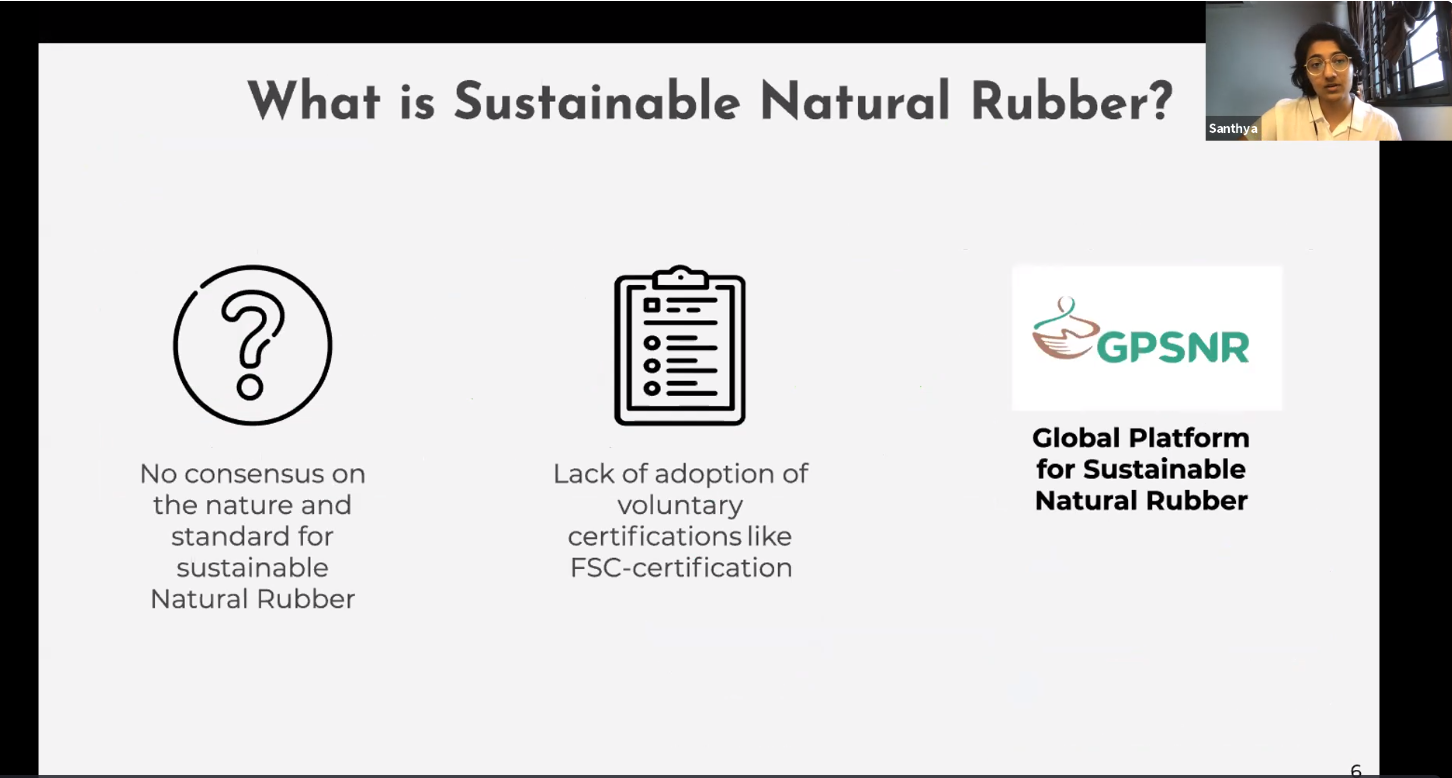
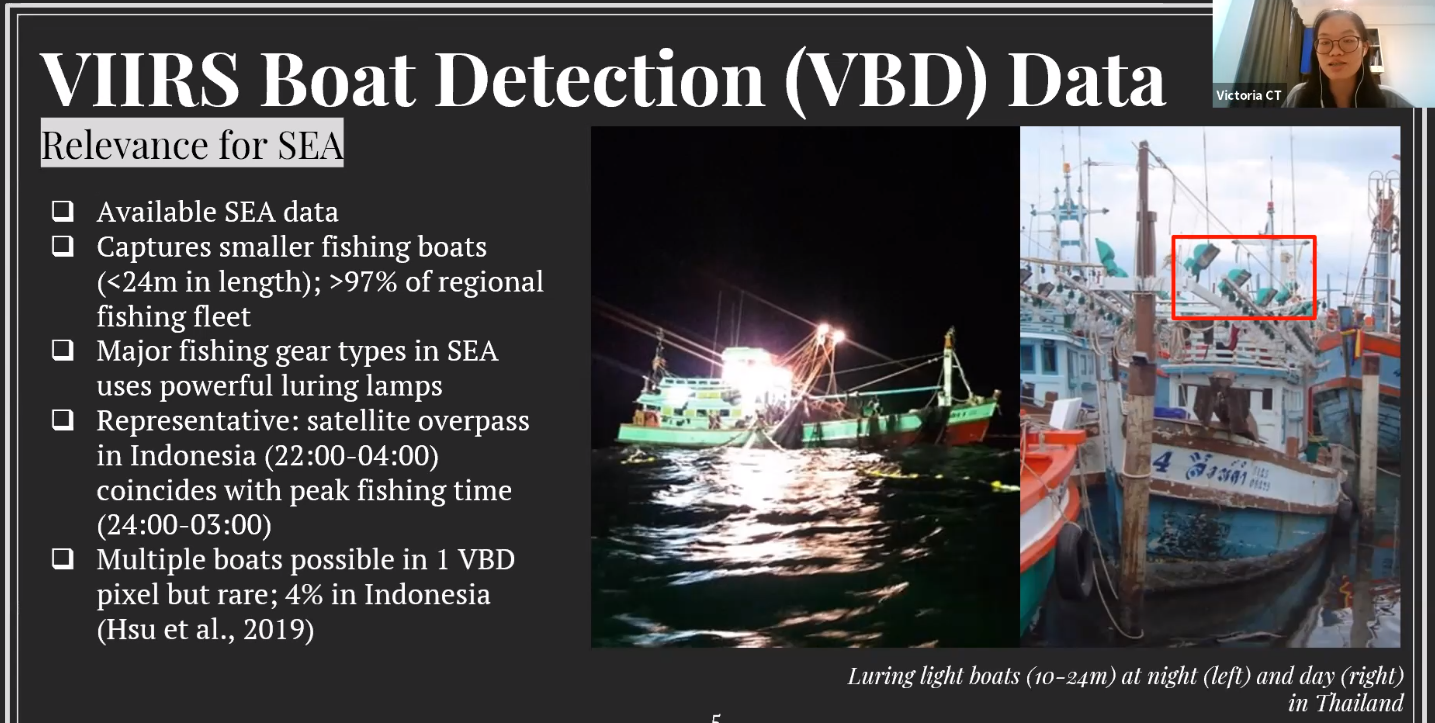
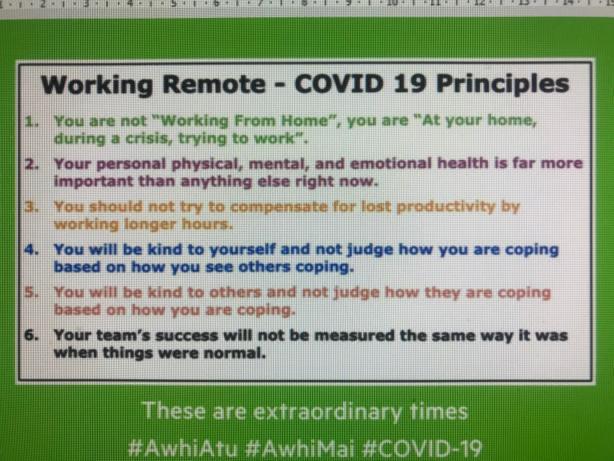
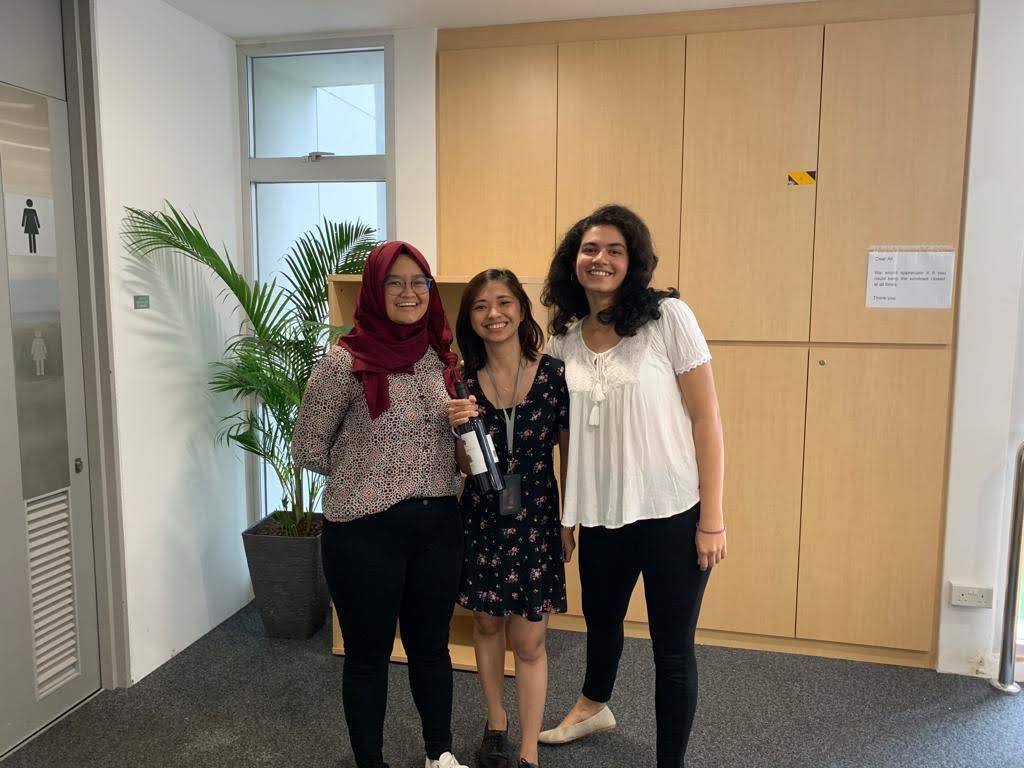
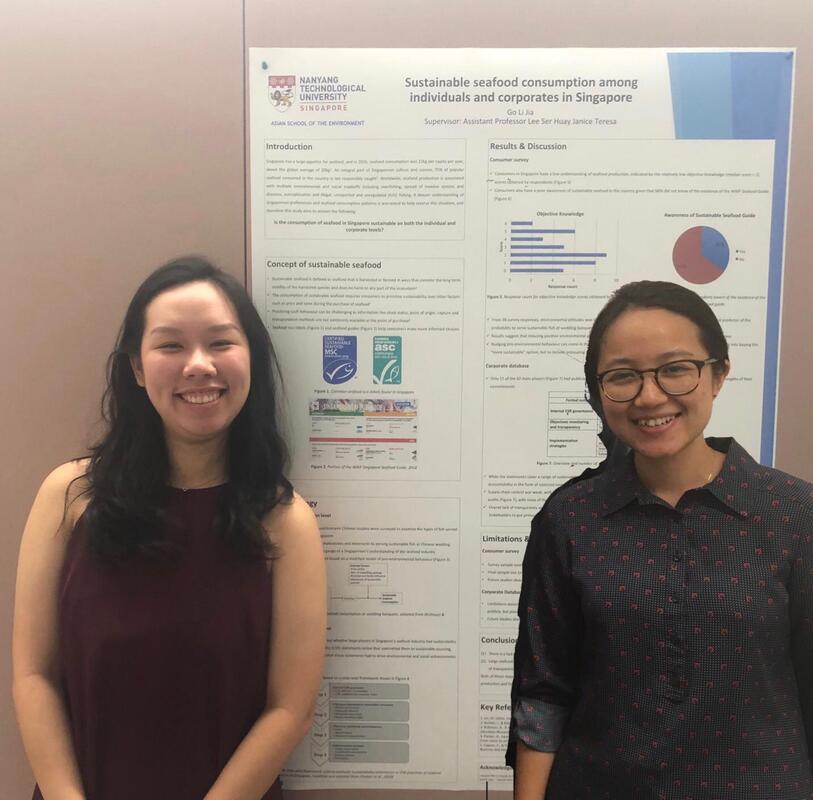
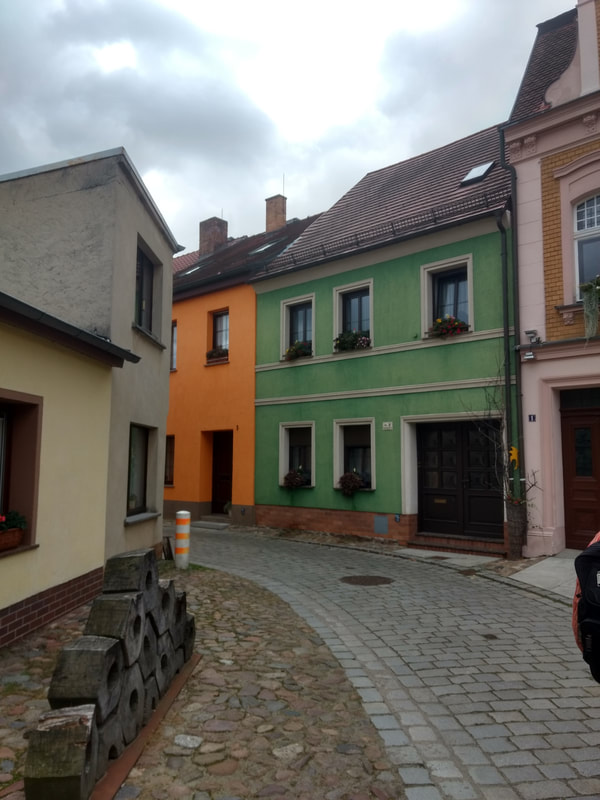
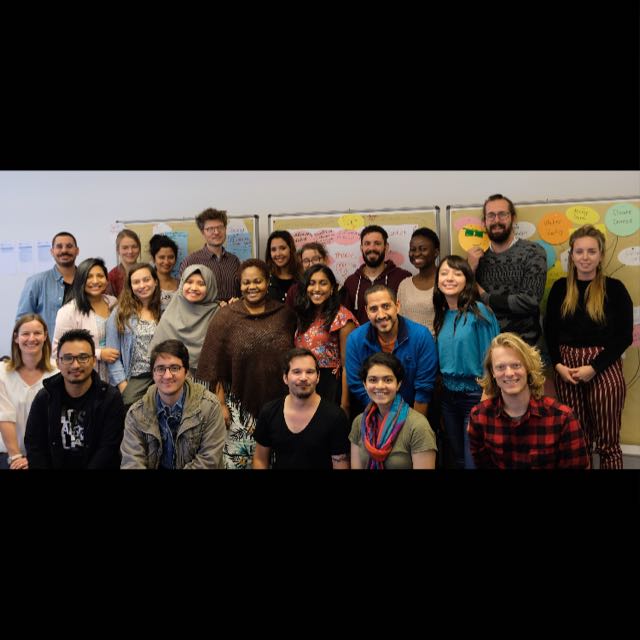
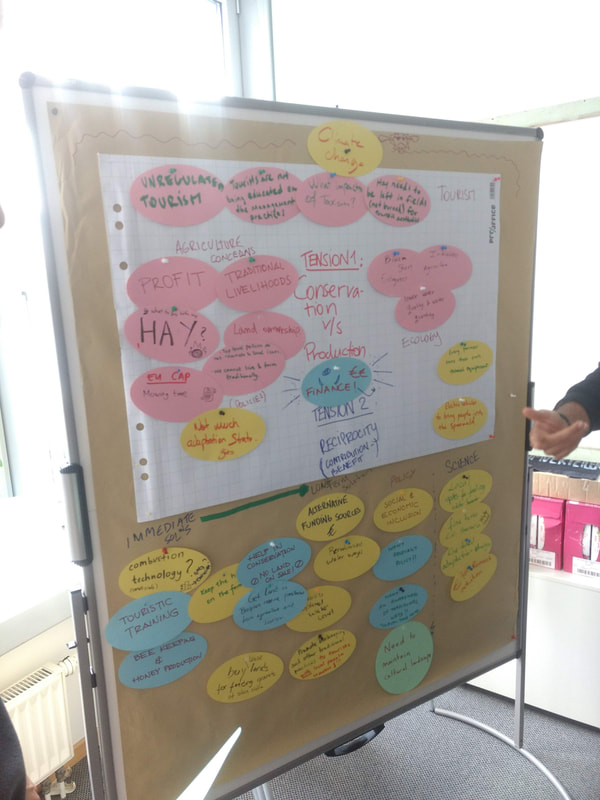
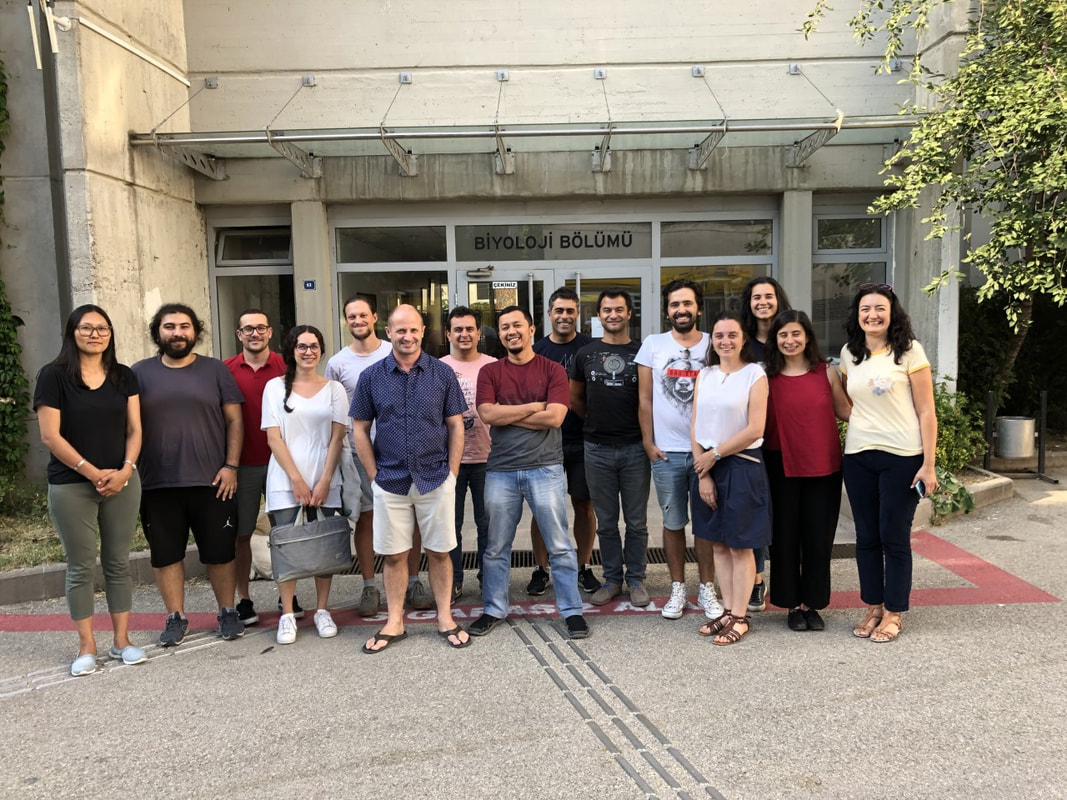
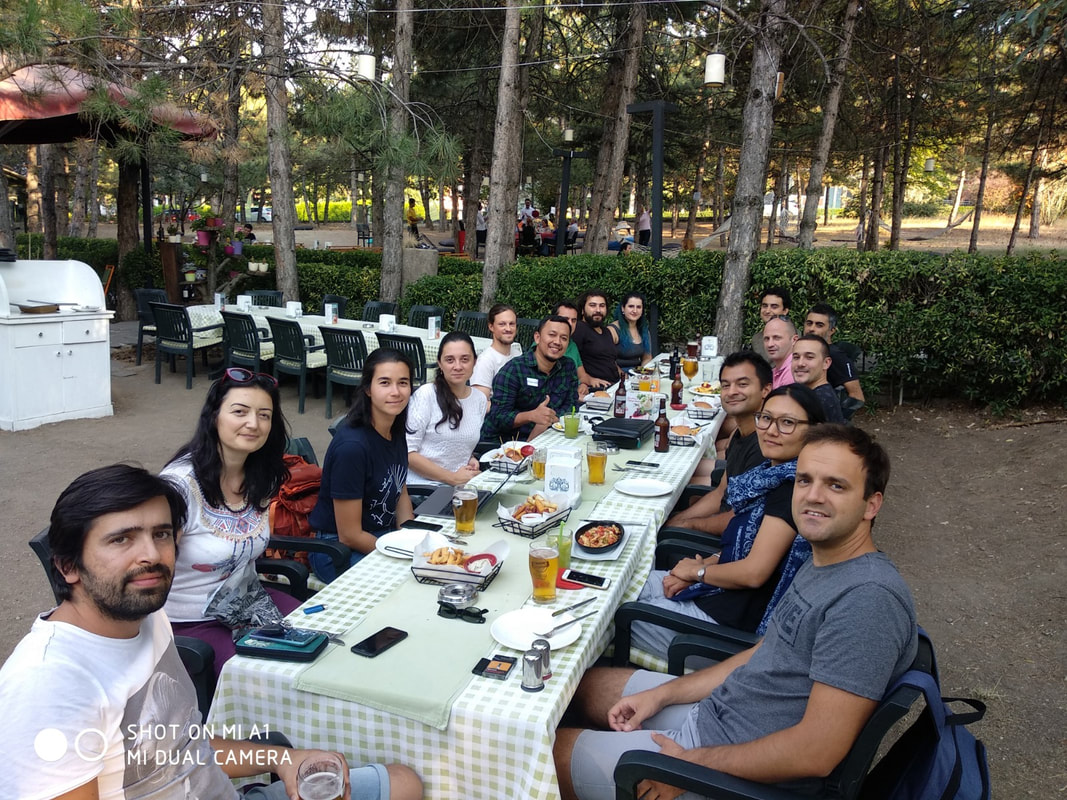
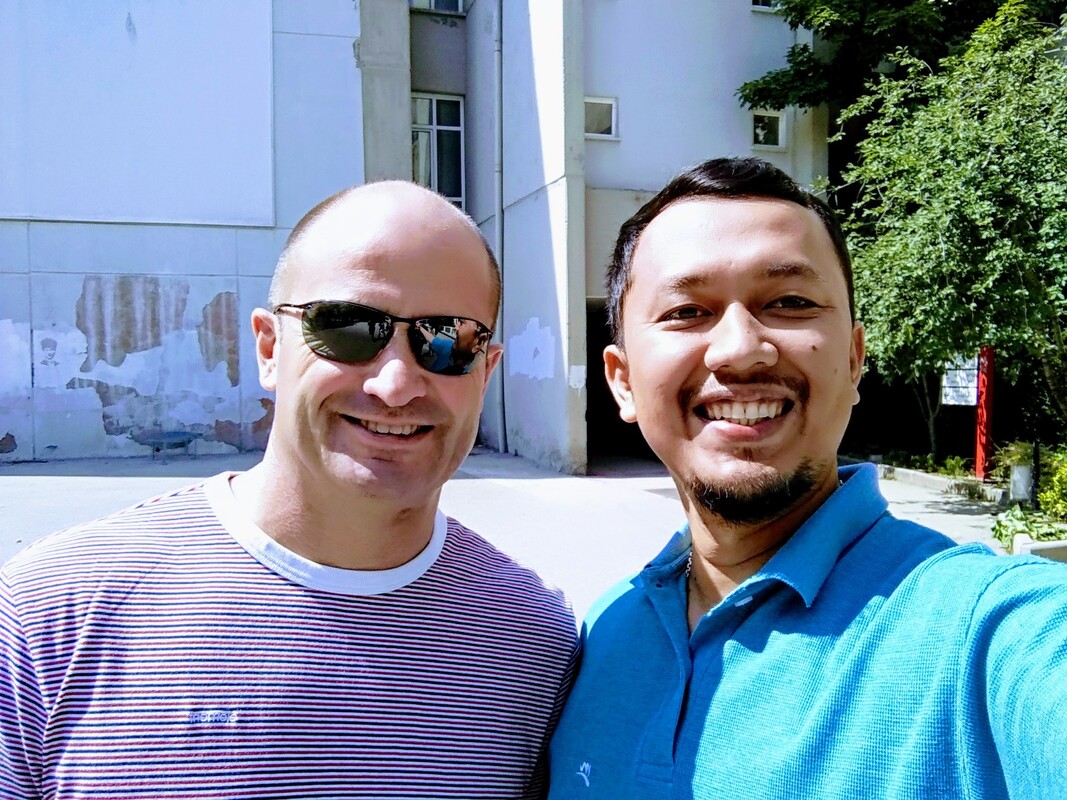
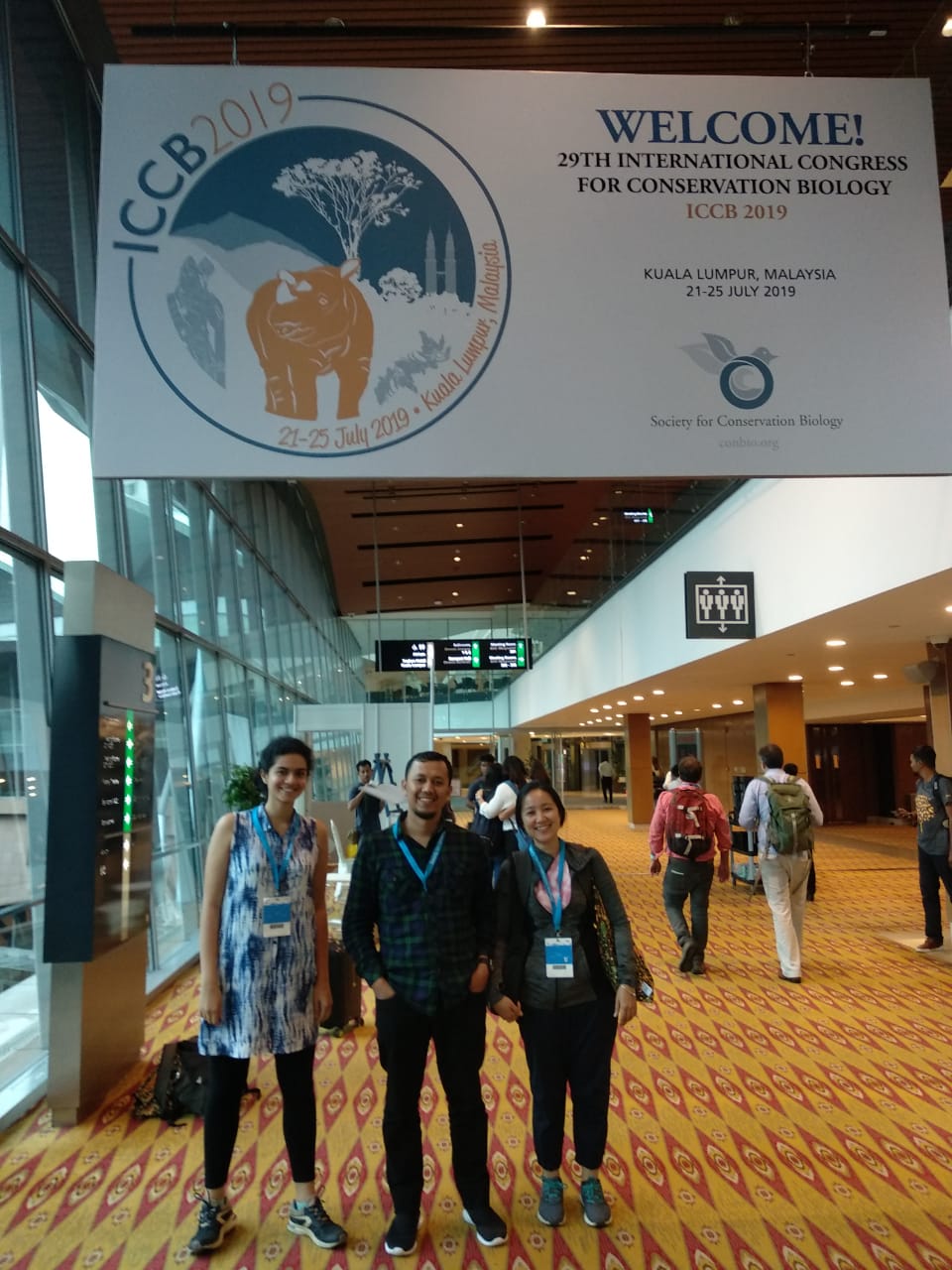
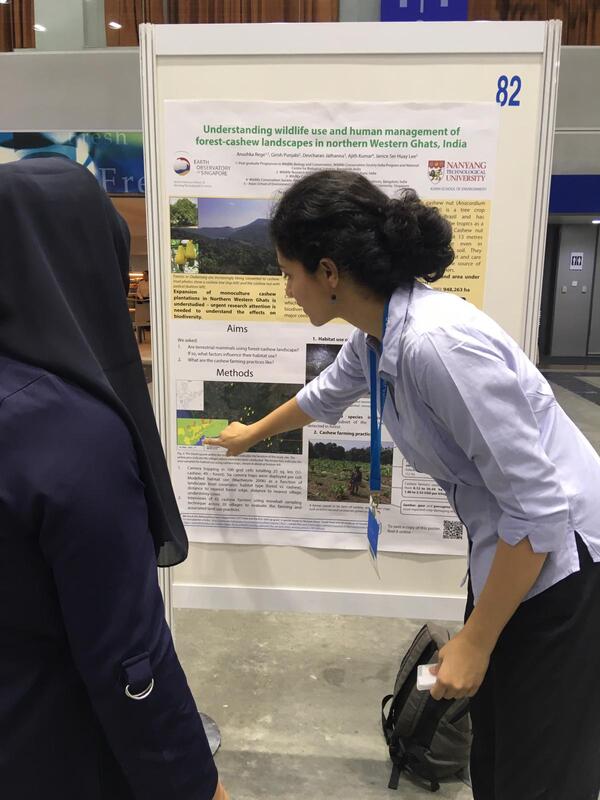
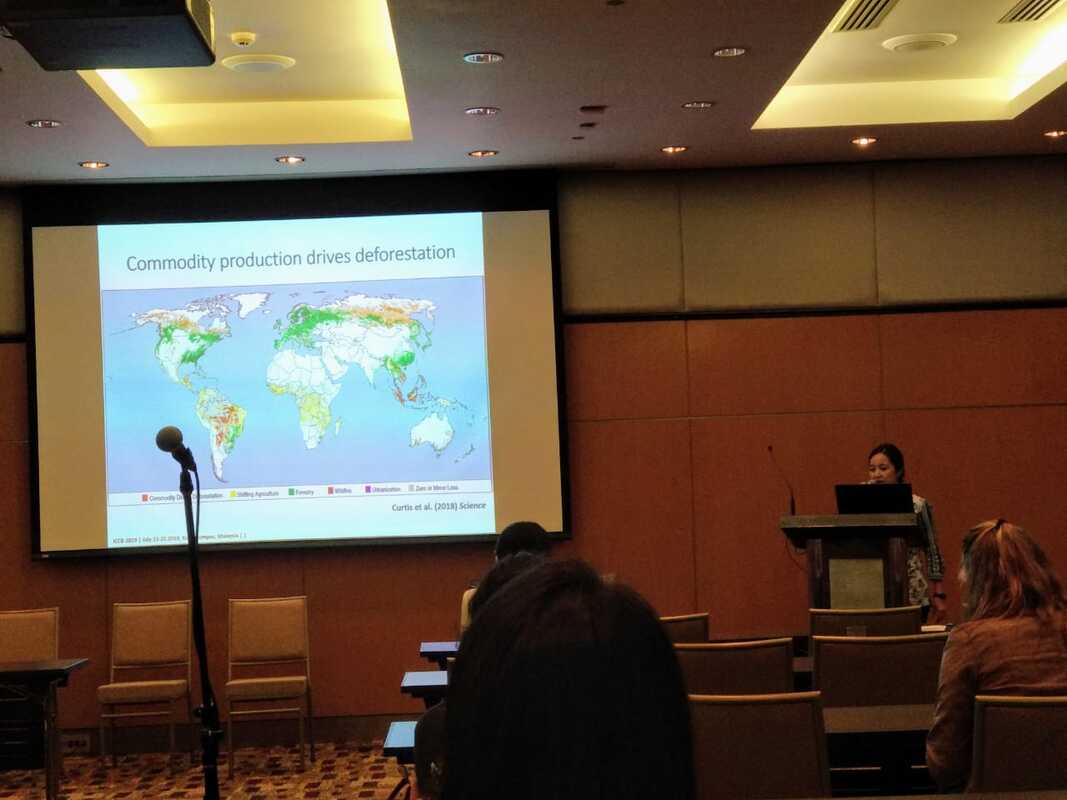
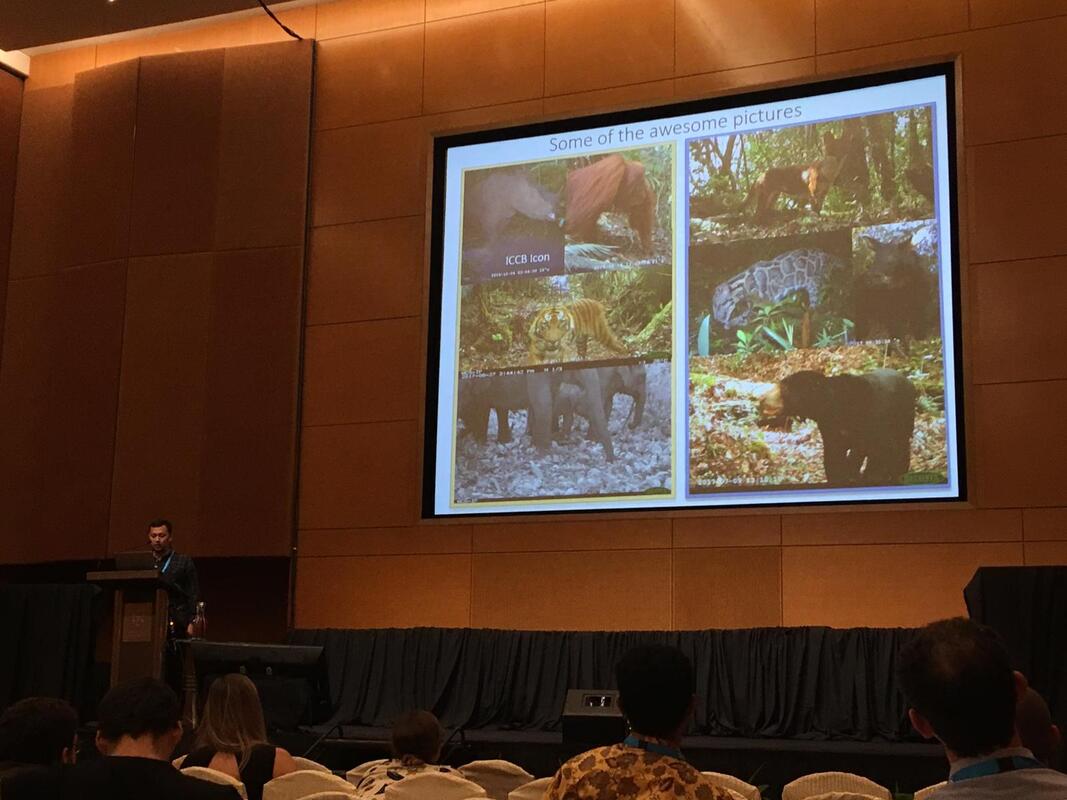
 RSS Feed
RSS Feed
